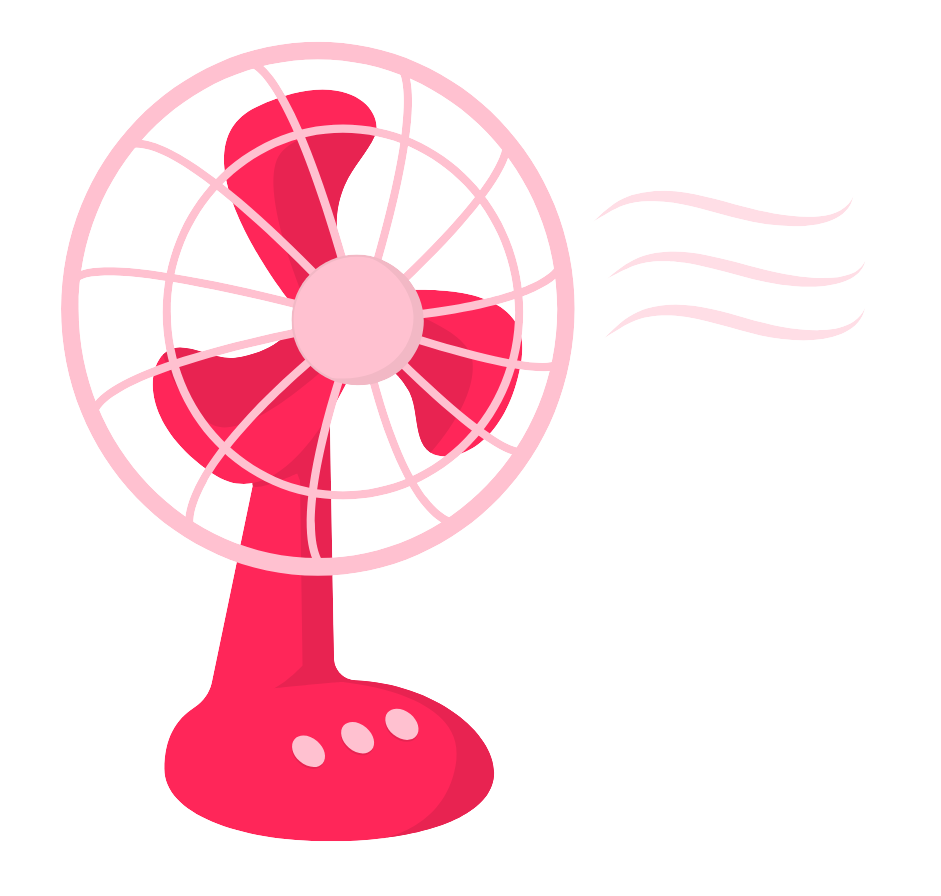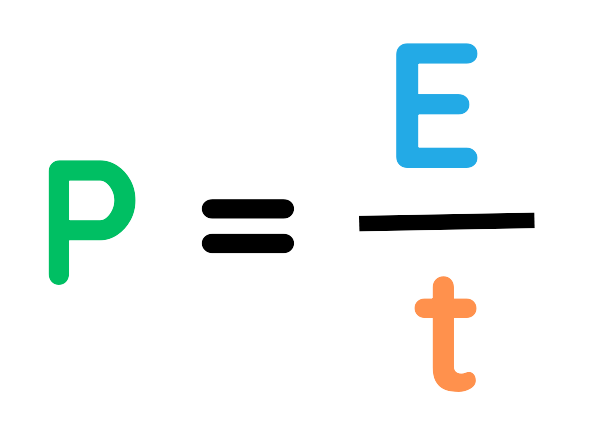Energy – GCSE Physics
Introduction
- It is a fundamental concept in physics, and we learn the concept of energy because it helps us understand and explain how the physical world works.
- Energy is transferred whenever things happen and the transferred of energy by a force is called work done.
- When energy is transferred by doing work, it causes things to happen — like moving an object, heating something etc.
Real-life Examples:

What is Energy?
- Energy is the ability to do work or cause change.
- It exists in various forms like- kinetic, potential, thermal, etc.
- It is measured in joules (J).
Real-life examples of energy in different forms:
1. Electrical Energy
- A fan runs using electricity and electric current powers the motor to rotate the blades.

2. Thermal Energy
- Boiling water on a stove and heat energy from the flame increases the temperature of water.

3. Kinetic Energy
- A moving car or a running person and objects in motion have kinetic energy

How Power is related to Energy?
- Energy is the total amount of work done.
- Where, Power is the rate at which that work is done per unit of time.
- The SI unit of Energy is the Joule(J).
- The SI unit of power is the watt (W).
Key Relationship:

Where,
- P = Power
- E = Energy Transferred
- t = Time
 Solved Example
Solved Example
Problem: A machine uses 100 watts of power and runs for 5 seconds. How much energy does it use?
Solution:
Step #1: Given
- P = 100 watts
- t = 5 second
Step #2: Using the formula:

It used 500 joules of energy in 5 seconds.
Final Answer: 500 joules
How to Calculate Energy?
Steps to Calculate Energy:
- Step #1: Identify the Term
- Step #2: Apply the formula
- Step #3: Calculate the Energy
 Solved Example
Solved Example
Problem: A 60-watt bulb is turned on for 10 seconds. How much energy does it use?

Solution:
Step #1: Identify the Term
- F = 60 watt
- t = 10 seconds
Step #2: Apply the formula:
Putting the values in formula,

Step #3: Calculate the Energy:

It used 600 joules of energy in 10 seconds.
Final Answer: 600 joules
 Solved Example
Solved Example
Problem: A car engine uses 10,000 joules of energy in 20 seconds. What is its power?

(Energy GCSE Physics Questions)
Solution:
Step #1: Identify the Term
- E = 10,000 joules
- t = 20 seconds
Step #2: Apply the formula:

Step #3: Calculate the Energy:
Putting the values in formula,

The Power of car engine is 500 watts
Final Answer: 500 watts
 Solved Example
Solved Example
Problem: A mobile charger uses 15 watts of power. How much energy will it use in 2 minutes?

Solution:
Step #1: Identify the Term
- P = 15 Watts
- t = 2 minute – 2 x 60 seconds = 120 seconds
Step #2: Apply the formula:

Step #3: Calculate the Energy:
Putting the values in formula,

It uses 1800 joules of energy in 2 minutes.
Final Answer: 1800 joules
Frequently Asked Questions
Solution:
Energy is the ability to do work or cause change. It powers movement, heat, light, and machines.
Solution:
The SI unit of Energy is the Joule (J).
Solution:
- Kinetic Energy – motion
- Potential Energy – position or stored
- Thermal Energy – heat
Solution:
- Energy = Total work done.
- Power = How fast energy is used.
Solution:
No. According to the Law of Conservation of Energy, Energy can neither be created nor destroyed, only changed from one form to another.
Solution:
- Renewable: Comes from natural sources that won’t run out (sunlight, wind, water).
- Non-renewable: Comes from sources that will eventually run out (coal, oil, gas).

